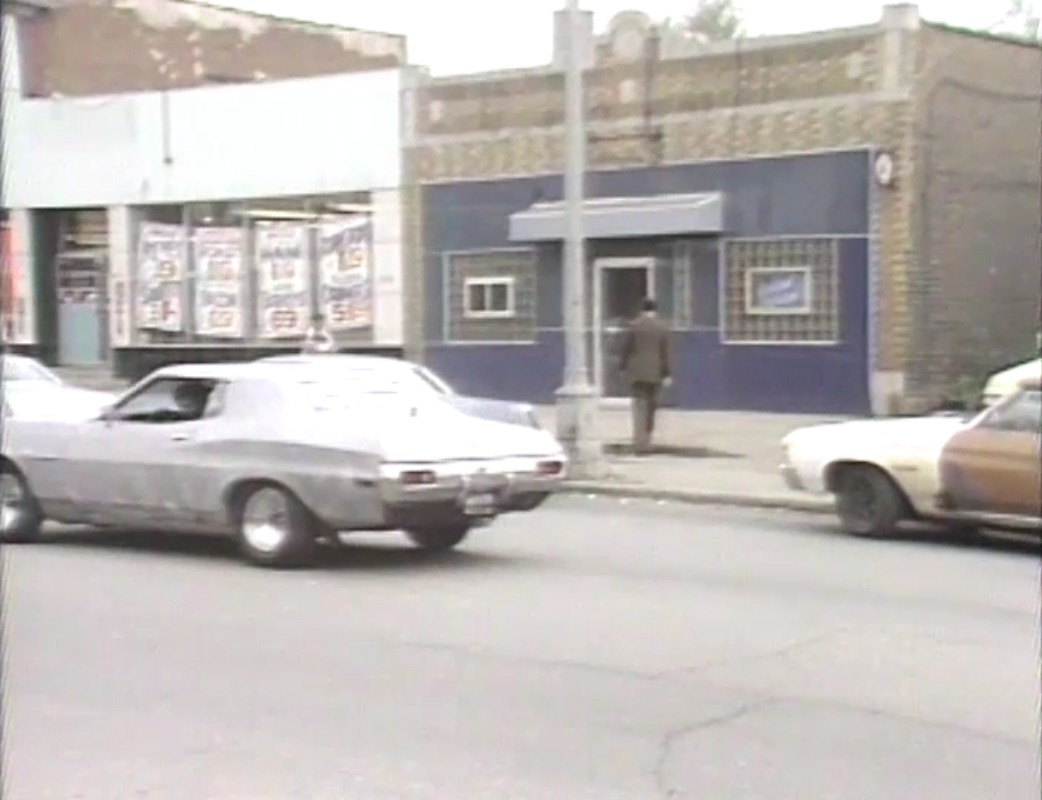You can learn more about our work with The Legendary Blue Bird Inn here.
9 January 2020
Zene Fogel-Gibson, Chair
Historic Designation Advisory Board
Coleman A. Young Municipal Center
2 Woodward Avenue, Suite 218
Detroit, MI 48221
Dear Ms. Fogel-Gibson:
In May of 2019, Detroit Sound Conservancy (DSC) asked City Council to make The Legendary Blue Bird Inn (The Bird) at 5021 Tireman Avenue on the West Side an interim Historic District under the City of Detroit’s Ordinance in Chapter 25, Article 2 for Historic Districts. On behalf of our Board of Directors, Committee Members, community partners, and neighbors, I am writing today in support of creating a permanent Historic District for the site. As the owner of the property, DSC wishes to see this property protected for future generations. Below we would like to share our reasoning for this designation based on eight years of nonprofit community engagement and activism.
The Bird’s importance is simultaneously sonic and social.
Sonically The Bird was a schoolhouse of the Detroit Sound. A complete list of national and local alumni reads like a who’s-who of jazz. Hundreds of musicians performed at the club until its closing earlier this century. These musicians, including famous leaders in modern music, like Charlie Parker who famously sat-in with the house band one night in 1949 and Miles Davis who made regular appearances in the 1950s, explored rhythm, melody, and improvisation on a platform that foregrounded Detroit’s commitment to serious listening. Local musicians, such as “drumist” Roy Brooks and saxophonist Wendell Harrison, who both attended nearby Northwestern High School, apprenticed at The Bird, learning the “Detroit way” to communicate with audiences and fellow musicians. In Detroit jazz is the teacher; The Bird was an institute.
Socially The Bird was a hearth of the Black community. The Bird’s former owners, Clarence & Mary Eddins since the 1950s and The Dubois Family before them, were Black entrepreneurs struggling to create opportunity and make their mark in a deeply racist and heavily segregated Detroit. During the Civil Rights-era the club was what we would now call a community hub where Black workers and their families could relax, de-stress, commune, engage, encourage, reflect, think, and listen. Despite police harassment, discriminatory City policies, and systematic neighborhood disinvestment, The Bird survived as a community space for eight decades. The Bird was a lounge for freedom.We are not alone in our beliefs. In 2019, we were notified that the site was determined eligible for the National Register of Historic Places by Michigan State Historic Preservation Office (SHPO) on May 1, 2013 under multiple criteria. (I am including SHPO’s letter as an attachment here.) We concur: The Bird potentially meets all four criteria including the club’s A) association with famous people, B) association to a significant pattern of history, C) design and construction, and D) information potential.
In addition, we believe that the site meets multiple criteria set forth by the United Nations Educational, Scientific and Cultural Organization (UNESCO) World Heritage List, including #3 that The Bird “bear[s] a unique… testimony to a cultural tradition [jazz]… which is living” and #6 that The Bird is “directly… associated with events or living traditions, with ideas, or with beliefs, with artistic and literary works of outstanding universal significance.” We also believe that when the Historic Stage for The Bird (salvaged in 2016 and rehabilitated in 2017) is finally returned to the site, the building on Tireman will once again “represent a masterpiece of human creative genius” and therefore meet criteria #1.
In summary, The Bird is a landmark in the development of modern music and a key hub for Black life and culture. The Bird foreshadowed the musicianship that would fuel an explosion of record labels and recordings (the chief example being the jazz-trained musicians called The Funk Brothers at Motown Records ), that would fundamentally change the role of music in everyday life throughout the world. It was a site of entrepreneurship, self-determination, and freedom.
Our vision is not based on nostalgia for a lost golden age. The creation of the Historic District will provide protections and processes that are essential to our plans for the site. With the Board’s endorsement, our community-centered vision for a music venue and neighborhood hub at The Bird can happen.
Finally, on a personal note, our co-founder and my dear friend, LaVell Williams (1967-2018) had looked forward to this moment. In the 50th year of the Local Historic District Program, to have The Bird be recognized, well, it would have made him smile.
Sincerely,
Carleton Gholz, PhD
Founder & Executive Director
Photo credit: 1982 Pianist and griot Harold McKinney (1928-2001) enters The Blue Bird Inn 1982. Screenshots from “The Detroit Jazz Legacy Concert” produced by Ron Alpern / Executive Producer Juanita Anderson / A production of WTVS and Jefferson Chalmers Concerts by the River / Detroit Educational Television.

